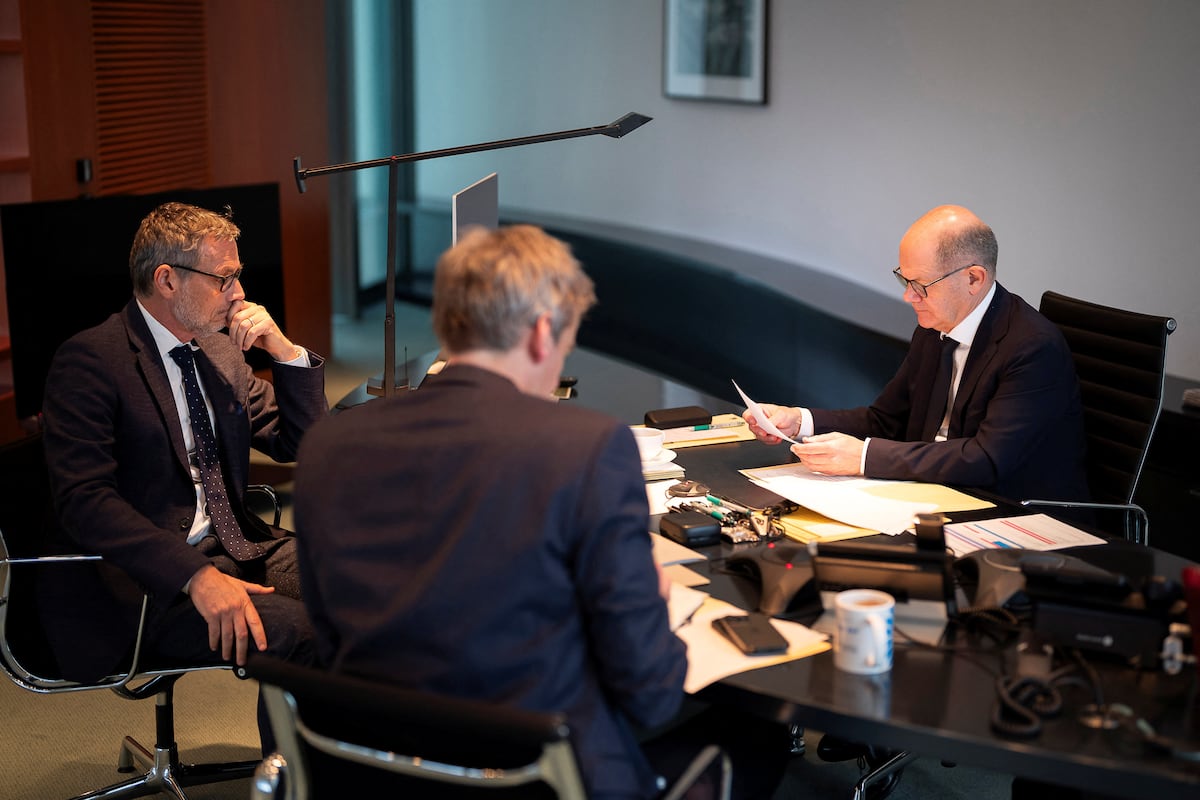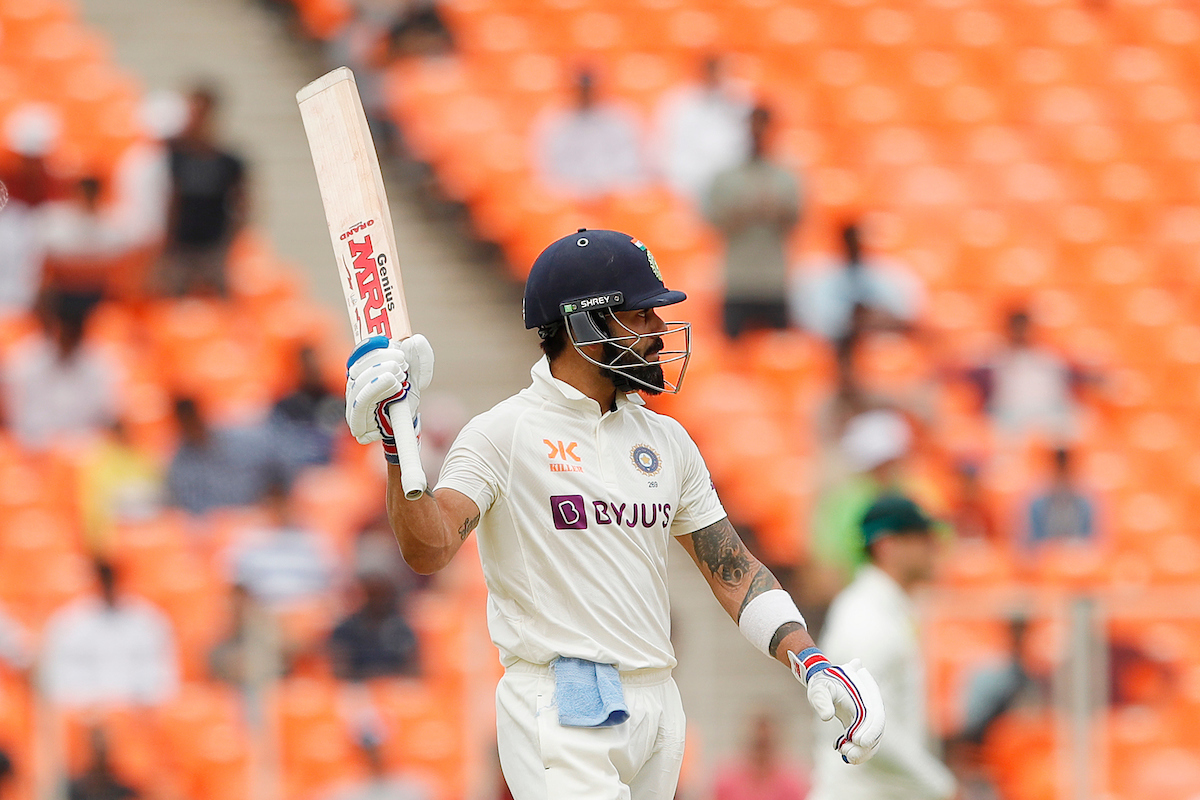This Friday, after two years of silence, Olaf Scholz resumed contact with Vladimir Putin to ask him to show his willingness to negotiate “a just and lasting peace” in Ukraine. Scholz has at the same time demanded that the Russian president put an end to the war, and has reiterated that Germany will support “as much as necessary” to the invaded country in the face of Russian aggression.
This was the first conversation between the German Chancellor and the Russian President since the end of 2022. The two spoke for about an hour.
The moment is significant, a few days after the election of Donald Trump to the White House and at the gates of the electoral campaign for the early German elections. From Western capitals, the “globalization” of the conflict with the participation of North Korean troops alongside Russian forces is observed with concern.
After the conversation, Scholz declared: “I have asked [a Putin] to end the Russian war of aggression against Ukraine and withdraw its troops. “Russia must show its willingness to negotiate with Ukraine, with the aim of achieving a just and lasting peace.”
In the days before and months after the February 2022 Russian invasion of Ukraine, both Scholz and French President Emmanuel Macron decided to maintain an open channel of dialogue with Putin. Their conversations did not bear any fruit and, a few months later, the dialogue was interrupted. Macron spoke with Putin for the last time in September 2022. Scholz, in December of the same year.
Much has changed since then. The war continues and doubts have settled in the capitals of the EU and Washington. Trump’s electoral victory could mean a withdrawal or reduction of US aid to Ukraine. It is not clear whether the Europeans can or want to take charge of the protection of the attacked country without the United States.
Scholz’s Germany is the second country, after the United States, that allocates the most aid to Ukraine in absolute terms. But the chancellor faces difficult legislative elections on February 23 in a country where supporters of resuming ties with Russia are gaining strength at the polls and where war could be a campaign issue.
“Ukraine can rely on our country and our solidarity,” Scholz said Wednesday in a speech to the Bundestag, the federal parliament. But he added: “I do not want to hide that, in my opinion, it is important in the coming times that we do everything possible so that there is no escalation in this war and so that we do not become a belligerent party.”
Scholz seeks a difficult balance. He is aware of the pacifism and affinity with Russia of a part of German society, and of his own party, the Social Democrats. At the same time, it was he who decreed, after the Russian invasion of 2022, a change of erain German policy to confront Russia’s threat to Europe and its country with greater military spending and an end to energy dependence on Moscow.
The chancellor does not want to appear as a warmonger willing to do anything to defeat Russia, but he is not a pacifist or an equidistant between the West and Russia, but rather an Atlanticist and Europeanist in the tradition of modern Germany. Hence, it demands, on the one hand, to relax the strict debt limit in order to increase aid to Ukraine: this was one of the triggers for the breakdown of the government coalition last week. And, on the other, oppose NATO officially inviting Ukraine to join and reject sending German cruise missiles and using German weapons to attack Russian territory.
“The country in Europe that does the most to not leave Ukraine alone and to ensure that it receives support,” Scholz said, referring to Germany, “is also a country that must ensure that this escalation does not occur.”
During the call with Putin, Scholz warned him that sending North Korean soldiers to Russia implies “a serious escalation and widening of the conflict,” according to German government sources. The chancellor insisted that Germany’s support for Ukraine is long-term and that the Russian president is wrong if he believes that “time is on his side,” according to these sources.
Scholz reported the call before and after to his Western partners and Ukrainian President Volodymyr Zelensky. The chancellor agreed with Putin that they would remain in contact.







